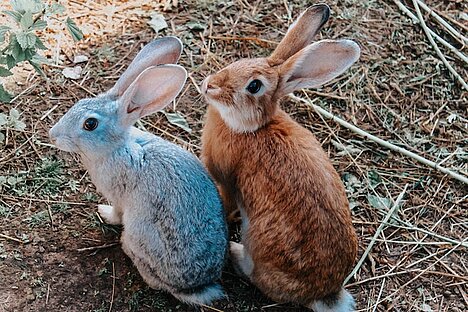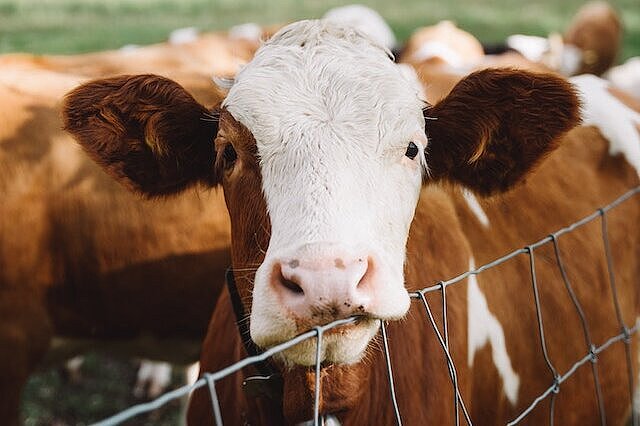Rabbit ears

What are rabbit ears?
Rabbit ears are, as the name suggests, the dried ears of rabbits. They are often offered as a natural chew for dogs as they have a hard consistency and last a long time. Rabbit ears are high in protein, low in fat and rich in collagen, which is good for your dog's skin and coat. They can also help to clean your dog's teeth and prevent tartar.
What are the benefits of rabbit ears?
Rabbit ears have several benefits for your dog that you should be aware of:
- They are hypoallergenic: Rabbit meat is one of the least allergenic meats, making it a good choice for dogs with food allergies or sensitive stomachs.
- They are easy to digest: Rabbit ears are easier to digest than other chews such as beef skin or pig ears. This is because they contain less fat and more connective tissue.
- They are natural: Rabbit ears are a purely natural product with no artificial additives or preservatives. So you can be sure that you are doing something good for your dog.
- They are varied: rabbit ears come in different sizes and shapes, so you can always offer your dog something new. You can also combine them with other snacks, such as dried fruit or vegetables.
What are the disadvantages of rabbit ears?
Rabbit ears are not only good for your dog, but also have some disadvantages that you should not ignore:
- They can splinter: rabbit ears can splinter when chewed and form sharp edges that can harm your dog's mouth or digestive tract. Therefore, you should always watch your dog when he is chewing rabbit ears and provide him with enough water.
- They can contain parasites: Rabbits can be infested with various parasites, which can also be transferred to their ears. These include fleas, mites and worms, for example. To minimize the risk, you should only buy rabbit ears from trustworthy manufacturers and inspect them thoroughly before feeding them.
- They can smell unpleasant: Rabbit ears have a typical odor that not everyone likes. They can smell unpleasant, especially if they get damp or are left lying around for a long time. This can bother both you and your dog.
Rabbit ears are an interesting chew for dogs that has many advantages, but also some disadvantages.
Properties 6
Are you looking for other ingredients with a specific property?
Just click on them to find more.
If you notice any signs of hypersensitivity or poisoning in your dog, you should see your vet immediately. We are not a substitute for a vet, but we try to be as accurate as possible. Every dog reacts differently and we recommend you get a second opinion or consult your vet if in doubt.
Stay healthy and take good care of your four-legged friend!😊
Similar to Rabbit ears
Deer ears are the dried ears of deer that are offered as a natural chew for dogs. They have an intense gamey flavor that many dogs like. The ears consist of cartilage and adhering meat parts, which...
Lamb's ears are the dried or fresh ears of sheep. They are often offered as a natural chew for dogs as they provide a long-lasting activity and clean the teeth. Lamb ears consist mainly of...
Rabbit ears with fur are a natural chew for dogs. They are made from 100% rabbit ear, without additives or preservatives. The fur is not dyed or treated, but comes from free-range rabbits from...
Beef ears are the dried ears of cattle that can be used as a natural chew for dogs. They consist mainly of cartilage, skin and fur and contain no bones or splinters. Beef ears are rich in protein...



